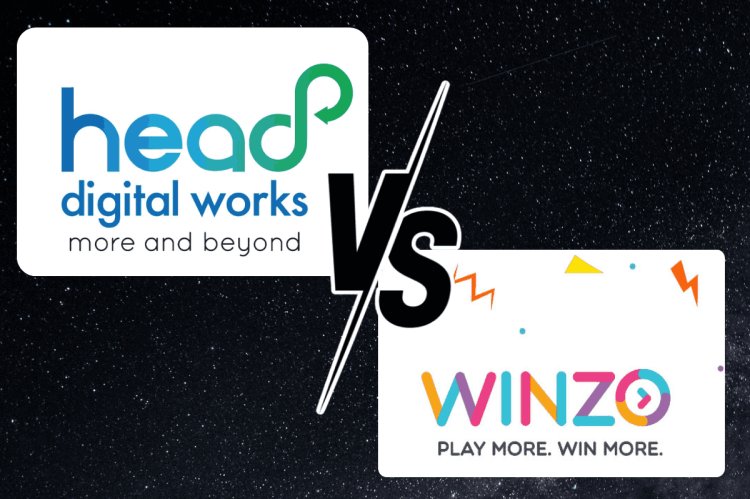Head Digital Works Private Limited v. Tictok Skill Games Pvt Ltd
The case of Head Digital Works Private Limited vs Tictok Skill Games Pvt Ltd revolves around the unauthorized usage of registered trademarks, 'Ace2three' and 'A23', by the defendant on the Apple App Store. The plaintiff, specializing in online gaming software, sought protection for their trademarks against the defendant's use in promoting their app 'WinZO Games.' The Delhi High Court's verdict emphasized the infringement of trademark rights when using marks as keywords on online platforms, restraining the defendant from using the plaintiff's marks in any form on search engines or application-based platforms.

Head Digital Works Private Limited v. Tictok Skill Games Pvt Ltd
CS(COMM) 301/2022 & I.As. 7251-53/2022
Decided on 10 May 2022
FACTS:
The current legal case involves a plaintiff who specializes in the development of software related to online gaming and mobile applications. The plaintiff has initiated the lawsuit in order to safeguard their registered trademarks, namely 'Ace2three' and 'A23', against unauthorized usage by the defendant company on the Apple App Store. It is worth noting that the plaintiff's marks are recognized as India's first-ever online rummy platform and are primarily associated with online gaming platforms that are managed and controlled by the plaintiff.
CONTENTIONS OF THE PLAINTIFF:
According to the plaintiff, the App Store search results for 'A23' or 'Ace2three' display an advertisement for the defendant's app 'WinZO Games' as the top search result. The plaintiff has cited a previous case, Tictok Skill Games Private Limited. v. Head Digital Works Private Limited, which was filed by the defendant in the current lawsuit. The plaintiff has argued that the defendant used the marks 'WinZO' and 'WinZO Games' as meta tags or title tags, and the court in the cited judgment had previously restrained the plaintiff from using these marks or any of their variations on their website or web advertisements.
CONTENTIONS OF THE DEFENDANT:
The defendant has refuted the Plaintiff's contentions and made it clear that they have not used nor do they intend to use the Plaintiff's marks, namely 'A23' or 'Ace2three', as an adword, keyword, or metatag. This statement indicates that the defendant has no intention to indulge in any acts of trademark infringement or unfair competition as alleged by the Plaintiff.
JUDGMENT:
The Delhi High Court recently passed a verdict in a case involving the use of a mark as a keyword on search engines. The case was referred to the Delhi High Court Mediation and Conciliation Centre due to a pending suit and countersuit between the parties. In the case of MakeMyTrip India Private Limited v. Booking.com B.V., the court held that the use of trademarks as keywords on search engines, or as keywords on the App Store, is not different from each other. Therefore, such use would be considered a violation of the trademark owner's rights, as long as it is being used to promote the business of the competitor.
Furthermore, the court held that the use of the mark 'A23' or 'Ace2three' as an adword or keyword on any online platforms by the defendant would violate the plaintiff's rights in the aforementioned marks. As a result, the defendant is prohibited from using the marks 'A23' and 'Ace2three,' or any other variants/formative mark thereof, as an adword, keyword, meta tag, or domain name on any of the online search engines or application-based search platforms, including Apple Application Store, with or without space.
The court's verdict provides clarity on the use of trademarks as keywords on search engines and their applicability to various online platforms. The judgment emphasizes the importance of protecting the rights of trademark owners and preventing competitors from using such trademarks to promote their businesses.
CONCLUSION:
The judgment by the Delhi High Court sets a significant precedent in protecting the rights of trademark owners in the digital sphere. It underscores the importance of safeguarding trademarks from unauthorized usage, especially in the context of online platforms like search engines and application stores. The ruling clarifies that using trademarks as keywords or meta tags to promote a competitor's business constitutes trademark infringement and unfair competition. This decision serves to uphold the integrity of intellectual property rights and ensures a level playing field for businesses operating in the online domain.












